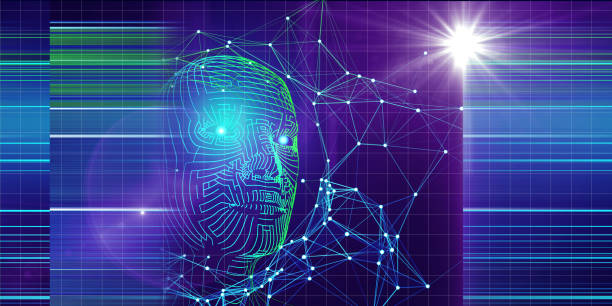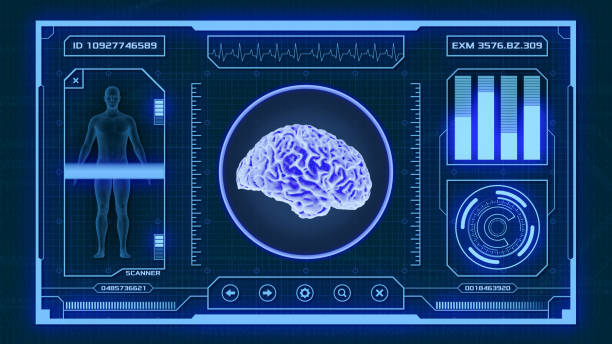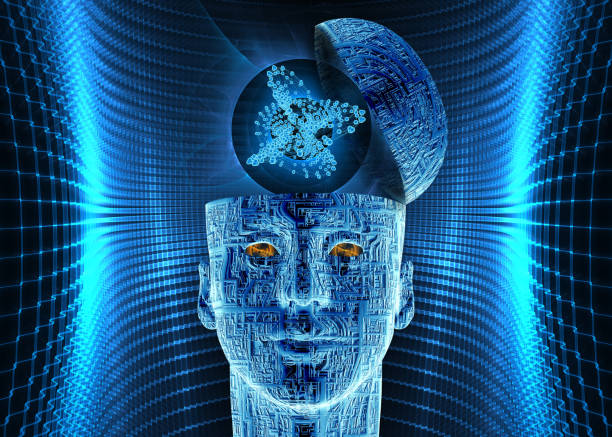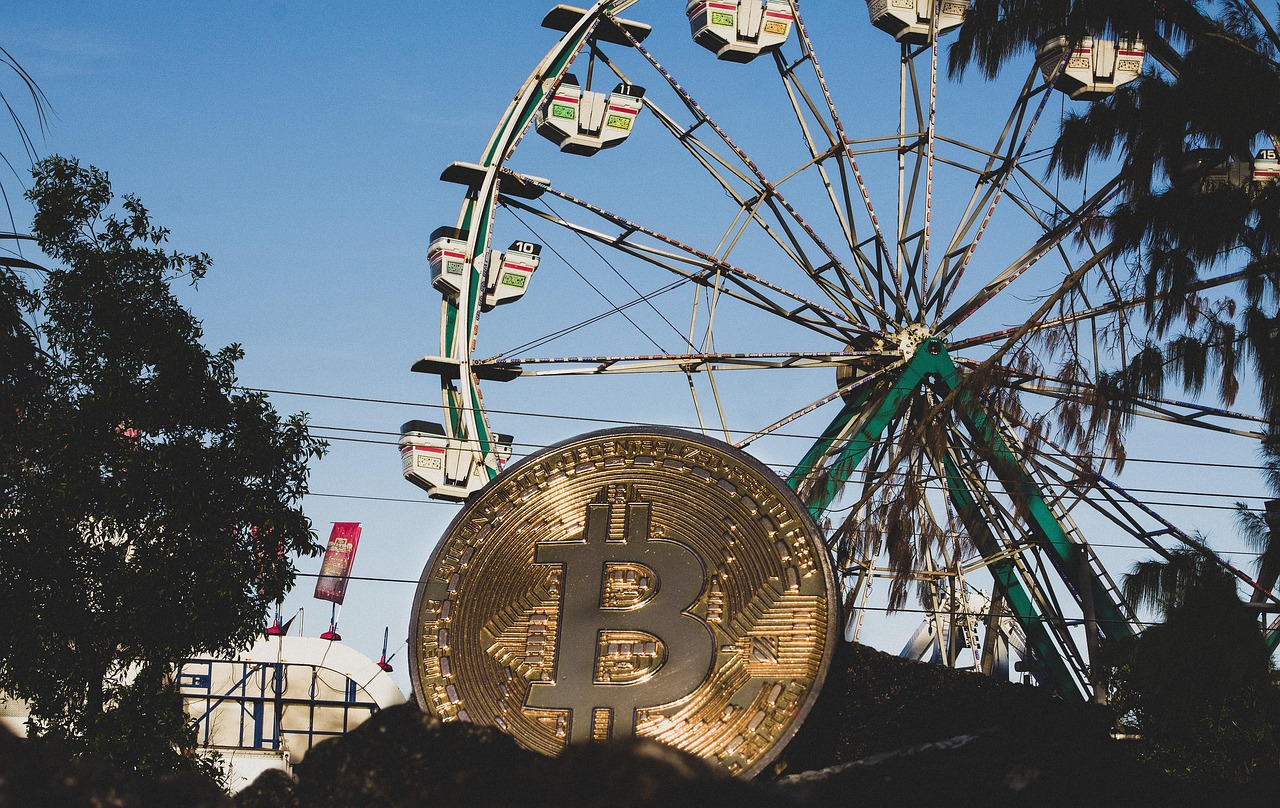The Impact of Social Media Algorithms on Human Behavior
The Algorithm social media has taken over our lives. The first thing most people do in the morning is check their phones. We open Instagram or TikTok just to scroll for “a few minutes,” and then suddenly half an hour is gone. What we don’t think about is that the stuff we see there isn’t random. It’s all picked by something called an algorithm.
Basically, the algorithm is like a system that studies us — what we like, what we comment on, what we watch — and then it keeps showing us more of that. If you watch one funny video, it’ll show you ten more. If you click on a sad quote, it’ll flood your feed with emotional stuff. The app learns what makes you stay longer, and it keeps feeding you that. It sounds smart, but it’s also kind of scary. Because at the end of the day, it’s not trying to make you happy — it’s trying to make you stay.
Also Raed: Neuralink: The Future Where Humans and Machines Think Together
How It Plays With Our Feelings
Social media is full of emotions. One moment you’re laughing, the next moment you’re angry, then you’re suddenly sad. That’s not an accident. The algorithm knows what type of content gets you hooked. It knows that strong emotions make you react — and reactions mean engagement.
If someone keeps watching negative videos, their feed becomes full of negativity. Slowly, they start seeing the world in a darker way. On the other hand, if someone watches only “happy” or “motivational” stuff, they might start ignoring real problems. In both cases, it changes how we feel about life.
I’ve seen people, especially teenagers, get affected badly. They start comparing their lives to others. Everyone online looks so perfect — good looks, nice clothes, expensive trips — and that creates pressure. You start thinking something’s missing in your own life, even if you’re doing fine.

The Filter Bubble Thing
There’s this thing called a “filter bubble.” It’s when social media shows you only what you already agree with. Like, if you support a certain political view, it’ll show you posts that match your belief. You’ll barely see the opposite side. It makes you feel like everyone thinks like you, but that’s not true — you’re just stuck in your own bubble.
This is one reason people argue so much online. Everyone thinks they’re right because they never see a different point of view. Instead of connecting people, social media sometimes just divides them.
The Addiction We Don’t Admit
Let’s be real — most of us are addicted. Even if we don’t want to admit it, we check our phones way too often. We scroll when we’re bored, sad, or even busy. We know we should stop, but somehow we don’t.
That’s because these apps are built to make us addicted. The likes, the hearts, the notifications — they’re all little traps. Every time we get a like, we feel a bit of happiness. It’s like a small reward, and our brain starts craving it again and again.
Because of that, people start caring more about likes than about real happiness. They post things just to get attention. Some even start judging their worth based on followers. It’s sad, but that’s how the internet has changed us.
What It Does to Relationships
Earlier, people used to talk more in person. Now, even when we’re together, we’re on our phones. We don’t really talk — we send memes and emojis. It feels like we’re connected, but we’re actually more distant than ever.
Social media also makes relationships more complicated. People show only the good parts of their lives. No one posts about their bad days or fights. So when we look at others, we start thinking their life is perfect. That comparison ruins real happiness.
The Bigger Picture
It’s not just about individuals. Social media algorithms affect society too. They decide what news we see and what we don’t. They push some stories up and hide others. Political groups use them to spread certain messages or even fake news. That’s how public opinion gets shaped. People start believing things not because they’re true, but because they keep seeing them again and again.
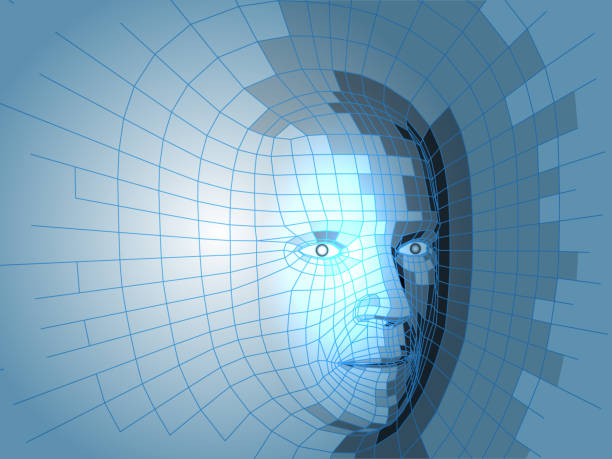
What We Can Do
We can’t completely escape this, but we can control it a bit. The first step is realizing that what we see isn’t random. Once we understand that, we can make better choices.
We can follow people who think differently, take breaks from apps, and spend more time in real life. Turning off notifications helps a lot. And most importantly, we should remember that real life is more than what’s on a screen.
I also think big companies should be more honest about how these algorithms work. They shouldn’t just care about profit; they should care about how it affects people’s minds.
Also Raed: Future of Driving: Self-Driving Cars and AI Technology
Ending Thoughts
Social media algorithms have changed how we see the world. They make us laugh, cry, argue, and compare. They’re invisible, but they control a lot of what we do.
We can’t avoid them, but we can be smarter about how we use them. Instead of letting them control us, we should control our usage
FAQs
The Impact of Social Media Algorithms on Human Behavior
Social media algorithms control what users see online by studying their likes, comments, and activity. These algorithms decide which posts appear first, keeping people hooked to their screens. Over time, this constant exposure shapes opinions, emotions, and habits.
People begin comparing their lives to others, becoming more anxious and distracted. The algorithm keeps feeding similar content, creating “echo chambers” where users only see things they agree with. This affects mental health, reduces focus, and changes how people think and interact.
2. The Impact of Social Media Algorithms on Human Behavior – PDF
If you want a PDF version of the same essay or research summary, I can generate it for you (ready to print or submit).Just confirm: Do you want me to make this into a PDF file for download?
3. The Impact of Social Media Algorithms on Human Behavior – Essay (Short Summary)
Social media algorithms personalize everything we see, keeping users engaged but also changing how they think and feel. They lead to addiction, shorter attention spans, and emotional manipulation. Many people lose touch with real-life interactions because they live inside algorithm-driven bubbles. Though technology connects people globally, it also makes them more isolated mentally.
4. Impact of Social Media Algorithms on User Behavior
Algorithms influence how users behave online — from what they click to how long they scroll. When a user interacts with a type of post, the system pushes more of it. This makes people spend more time online and shapes their beliefs and choices. It can make users more predictable and sometimes more extreme in their opinions.
5. The Influence of Social Media Algorithms on Consumer Buying Behaviour
Social media platforms use algorithms to show users products they’re likely to buy. If you watch a few skincare videos, you’ll start seeing ads for creams or face masks. This personalized advertising increases sales but also makes people buy things they don’t need. It creates “impulse buying” — quick purchases based on emotion instead of need. Brands use influencers and targeted ads to take advantage of this system.

